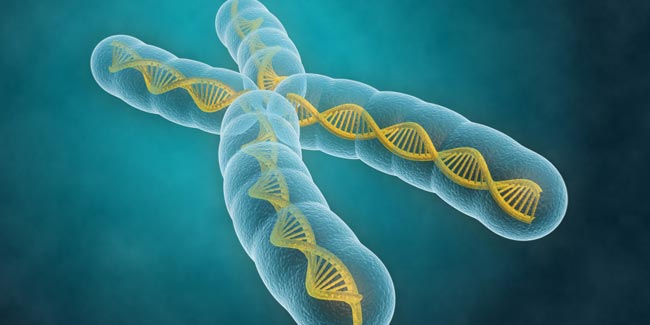
 A team of cancer scientists — from the University of Cincinnati, Bellvitge Biomedical Research Institute, and Catalan Oncology Institute — have determined how the so-called p53 gene acts as a tumour-suppressing gene to protect healthy cells and prevent the development of abnormal cancerous cells. They believe that the new findings can lead to new strategies for targeting cancer through genetic manipulation.
A team of cancer scientists — from the University of Cincinnati, Bellvitge Biomedical Research Institute, and Catalan Oncology Institute — have determined how the so-called p53 gene acts as a tumour-suppressing gene to protect healthy cells and prevent the development of abnormal cancerous cells. They believe that the new findings can lead to new strategies for targeting cancer through genetic manipulation.
The panel of researchers believe that the gene produces proteins that can either repair damaged cells or cause tumour cells to die. In case the gene is not working properly, due to a defect or mutation, the proteins that repair cells or target tumours are not produced, and the cancer grows.
The identified the molecular processes that regulate the stability of p53 to keep the gene functioning properly and keep cancer cells in check. The study suggest genetics have a significant role in cancer development and point the way to potential new treatments based on that the emerging scientific understanding of how tumours grow and spread.
The findings are published online in the journal Cell Reports.
How we keep this article up to date:
We work with experts and keep a close eye on the latest in health and wellness. Whenever there is a new research or helpful information, we update our articles with accurate and useful advice.
Current Version